#st Helena
Text
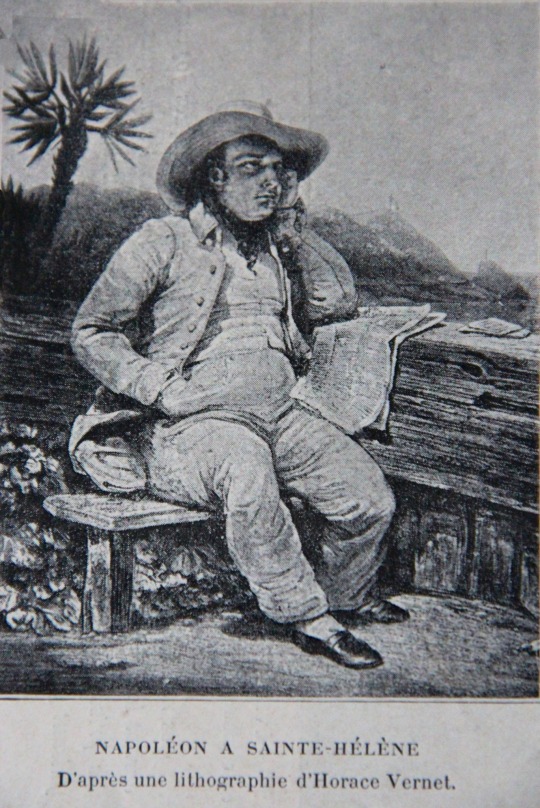
#napoléon#napoleon#napoleon bonaparte#bonaparte#napoléon bonaparte#exile#saint helena#st helena#art#horace vernet#history#france#french#europe#european#emperor#napoleonic
73 notes
·
View notes
Text
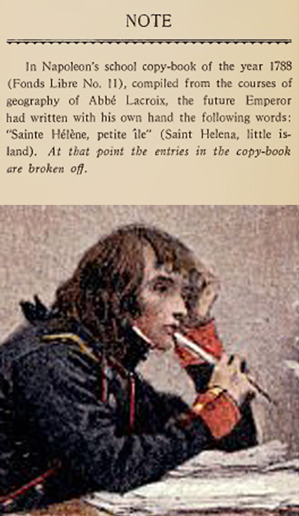
Mysterious things happen...
56 notes
·
View notes
Text
Napoleon hallucinates Josephine a week before his death in 1821
From the timeline based on the St Helena notebooks of General Henri Gatien Bertrand, Cahiers de Sainte-Hélène. Les 500 derniers jours (1820-1821)
28 April 1821:
Napoleon was no longer himself, was becoming anaemic because of internal bleeding, was becoming less and less lucid, indeed occasionally delirious. During the night he said that he had seen Josephine and spoken to her, he thought he had been walking in the garden at Longwood, he kept requesting oranges. The doctors began to fear the worst. The Grand Marshal Bertrand exclaimed: “I kept thinking about how great the change was! Tears kept coming to my eyes as I looked at that man, so awe-inspiring, who had commanded so proudly, so absolutely, beg for a coffee spoon, asking permission, obedient like a child… “Voilà le grand Napoléon”: to be pitied, brought low!”
(Fondation Napoléon)
#Bertrand#Cahiers#Cahiers de Sainte-Hélène#Cahiers de Sainte-Hélène. Les 500 derniers jours (1820-1821)#napoleon#napoleonic era#napoleonic#napoleon bonaparte#first french empire#french empire#Saint Helena#st Helena#Josephine#josephine bonaparte#empress josephine#josephine de beauharnais#Fondation Napoléon
74 notes
·
View notes
Text

Detail of “The Death of Napoleon” by Charles de Steuben. Arthur Bertrand is peeking over Napoleon’s left arm.
Napoleon was fond of all the children in his entourage on St. Helena, but Arthur Bertrand (born on January 17, 1817) became his favourite. Glimpses of the two of them provide an amusing contrast to the often formidable portrait of Napoleon as Emperor.
One day, the Emperor wanted to have the noisy company of Countess Bertrand’s children at lunch. Saint-Denis told me the luncheon had gone very well, but that towards the end they started throwing bread balls at each other. The Emperor had taken the youngest on his knees, and was kissing and teasing him as he was pulling at his ears.
When Napoleon insisted that Arthur's sister Hortense have her ears pierced in an outdoor operation, Arthur was greatly alarmed.
He clinched [sic] his fists, and stamped with indignation, declaring that he would not allow his sister to be hurt. ‘You little rogue,’ said Napoleon, ‘if you are not quiet, I will have your ears bored also. Come, be obedient.’
In January 1821 Napoleon had a seesaw installed in the Longwood billiard room. Napoleon at first claimed it was a swing to amuse the children. He then admitted it was for his own use, to get more exercise. General Henri Bertrand recounts:
Arthur Bertrand went to see the Emperor, who showed him the seesaw and told him that it was a gun. Afterwards he and the Grand Maréchal got up on it to amuse the child. Napoleon had been on it for a quarter of an hour in the morning and didn’t feel any the better for it.
In the best-known vignette, Napoleon gives Arthur a pony. This was recounted by Napoleon’s first valet, Louis-Joseph Marchand.
A city resident had come to Longwood riding a small pony, and Arthur…asked the Emperor to buy it for him. As he spoke only English, the Emperor told him in that tongue: ‘Come at noon.’ But as was his habit, he went back inside, leaving the children to continue their games, got undressed and soon fell asleep. I was leaving the Emperor’s bedroom quietly when the fort cannon announced the hour of noon, and in the bathroom I found young Arthur fighting with Noverraz to enter the Emperor’s bedroom. I feared my refusal would make him cry and awaken His Majesty: I therefore made him understand that the Emperor was sleeping, and if he agreed to be good, I would let him enter and wait for His Majesty to awaken. ‘Yes,’ he answered; I took him by the hand, he went near the bed where the Emperor was resting, saw he was sleeping, then sat on the rug and stayed with me almost an hour, playing alone and noiselessly. When the Emperor awoke, he was quite surprised to find him there: ‘There you are, Arthur, what do you want, my boy?’
‘You tell me gun fire.’ I was not aware of the promise made to him.
‘What does he say?’ the Emperor asked.
‘He is telling Your Majesty that he told him to come back when the gun went off.’
‘Take him to Montholon, to find out what he wants.’ At that very moment, Count de Montholon was announced at the Emperor’s bedroom; he learned that during lunch he had told the child to come at noon, and he would buy him the little pony. ‘Gun fire’ was the cannon announcing that hour, and he came to claim the promise made to him. ‘Indeed! What a memory,’ said the Emperor, ‘is the horse still there?’ Count de Montholon, who had discussed the price with the owner, assured him it was. ‘But,’ said the Emperor, caressing the child and embracing him, ‘do you have any money?’
‘Yes, I have two dollars.’
‘That is not enough.’
‘Papa give everything!’
‘But Papa Bertrand has no money.’
‘I have plenty gold.’
‘Will you be good?’
‘Yes.’
“How much does he want for this horse?’ the Emperor asked General Montholon.
‘Fifty louis [1000 francs], Sire.’
‘Give this boy 1,200 francs,’ the Emperor said to me. I went upstairs to get the money that was locked up in a bag. The child was four years old, and on seeing me arrive, he held out his pinafore to catch the money. ‘You won’t be able to carry it.’
‘Yes, yes.’ I put the money gently in his pinafore to test his strength. He turned rapidly and, accompanied by Count de Montholon, he went to purchase the horse he wished to buy. Riding his horse, and held up by Count de Montholon, he came back almost immediately to the Emperor’s door, to thank His Majesty. Later on, having fallen from the horse, he no longer wanted it and switched back to his burro, a much quieter mount and more responsive to his wishes. The horse was given to Napoleon Bertrand, the eldest of the children, who sometimes accompanied the Emperor when his mother rode in the carriage with him.
For more about Arthur and his family, see "Napoleon and Arthur Bertrand."
65 notes
·
View notes
Text

Here is the finished version of Napoleon on St. Helena. Tried out gouache again but i think ill stick to watercolours again
#illustration#artwork#art#napoleonic era#napoleonic wars#napoleon bonaparte#napoleon#st helena#my art#history#history art
60 notes
·
View notes
Text
It’s been a while since I’ve done some Gourgaudposting. Here is his entry from 18 September 1817, featuring Napoleon’s commentary on Junot, which shares some noticeable parallels to Napoleon’s St Helena rants about Murat—he committed nothing but sottises (follies/stupidities), he was a womanizer, he never should’ve been promoted so high etc.
***
Thursday, 18 (September 1817) – At 5 o’clock, the Emperor pays a visit to Mme de Montholon. The colonel of the 12th Regiment, arriving to the island from France, goes to Bertrand’s, asks to be received, but His Majesty responds that he is indisposed.
After my dinner, His Majesty summons me, treats me well, and speaks to me of the Russian campaign. “At Ostrowo and Witebsk, I managed to cut the Russian army off from the road to Petersburg. At Smolensk, Junot committed nothing but follies, as well as at Valoutina; I sent you there. It was you who came to tell me he could cut off the Russian rearguard, but that he couldn’t decide to go ahead with it. You asked him: Monsieur le Duc, if the Emperor inquires why you have not marched, how should I answer him? He replied in an embarrassed tone: ‘You say that night has come and that I’ve taken position.’ So, I dismissed him at night.” – “In the morning, Your Majesty, on horseback, sent General Denorval to prevent me from waking up, because I was tired. This surprised everyone, and they thought my fortune had been made.”
The Emperor, after a moment of silence, resumed the conversation: “I met Junot at the siege of Toulon. He was quartermaster in a battalion of the Côte-d’Or; I needed writers, I had requested one from Gavais, commandant at Fontainebleau in 1814, who was then at the head of this battalion. He sent me two of them. Junot arrived first, I took him, he pleased me. Being, the same day, in my battery, I had him write a letter; a cannonball covered us with earth, and he exclaimed: Good, there’s the ash for the letter! He had a superb hand, and he remained with me. The other quartermaster was, a long time afterwards, still a noncommissioned officer, while Junot had a great advancement. Such is fate. Junot has never been anything but a swashbuckler, a ferocious philanderer. He loved to surround himself with nobles. I never should have given him command; in the last days, he wanted to be marshal. At Valoutina, he was already insane.”
His Majesty critiques the book attributed to him.
***
Source: General Gourgaud, Sainte-Hélène - journal inedit de 1815 à 1818.
57 notes
·
View notes
Photo

Saint Helena surrounded by a garland of flowers
Spanish School of the 17th Century
Saint Helena, mother of Constantine the Great, discovered the cross on which Christ was crucified in the Holy Land. She is usually depicted, as here, in regal attire holding the cross and three nails.
#art#spanish art#fine art#spain#european art#mediterranean#classical art#europe#european#St Helena#Saint Helena#fine arts#europa#oil painting#traditional art#espana#christian art#christianity#christian#catholic#catholicism#roman catholic#christentum#christendom#western civilization#flowers#spanish
184 notes
·
View notes
Text

beaufort.southcarolina
📸: Tina Lee Studio
A beautiful scene on a foggy St. Helena Island morning at Coffin Point. Almost mystical.
24 notes
·
View notes
Text
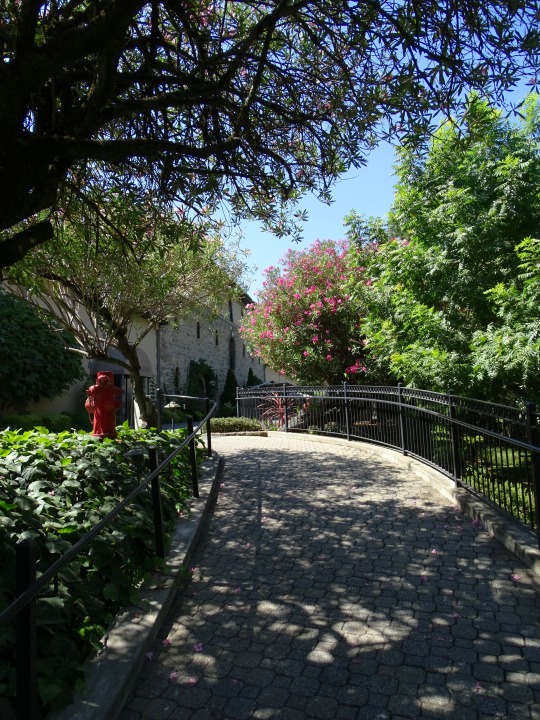
Light and Shadow
What do you think about my pic?
#Beringer Vineyards#2000 Main Street#St Helena#travel#original photography#vacation#tourist attraction#cityscape#landmark#architecture#landscape#garden#Napa Valley#California#USA#summer 2023#nature#flora#tree#photo of the day#What do you think about my pic?#excellent wine#wine tasting#West Coast#light and shadow
8 notes
·
View notes
Text

#jesus#catholic#my remnant army#jesus christ#virgin mary#faithoverfear#saints#jesusisgod#endtimes#artwork#st Helena#pray for us
13 notes
·
View notes
Text
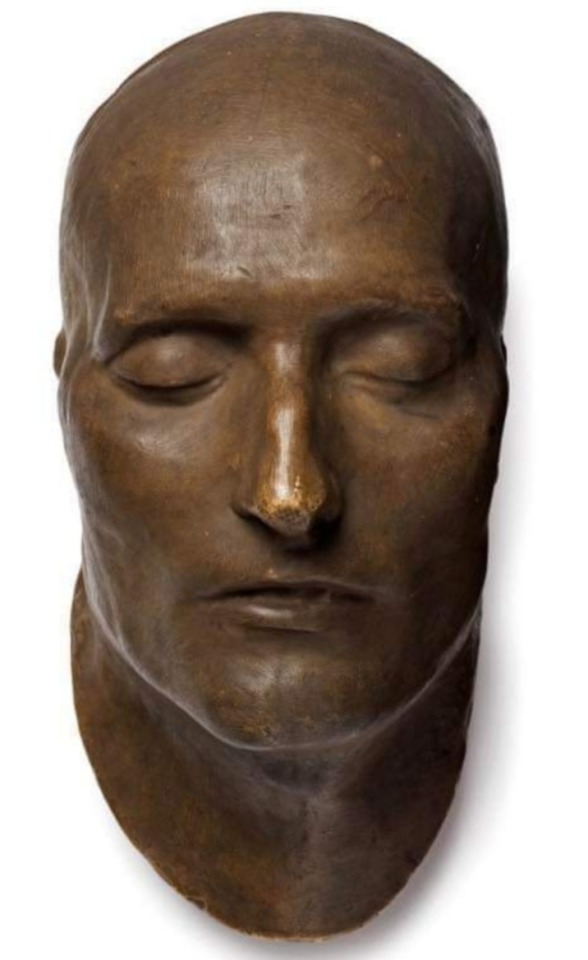
The death mask of Napoleon Bonaparte (1769-1821 CE) was taken at St. Helena, created from a plaster cast of his face.
Before the invention of photography, it was common practice to make plaster or wax casts of the faces of famous people after they had died.
Mask was created 40 hours after (7 May 1821) his death on 5 May 1821, imprisoned on the island of St Helena at the age of 51.
After his defeat at Waterloo in 1815, Napoleon had been exiled to St. Helena, a tiny island in the South Atlantic.
Here, British, German, Austrian, Russian, and Spanish allies hoped to keep the former emperor from ever threatening European peace again.
There is controversy over who made the original cast of Napoleon’s features (7 May 1821).
Some believe that it was Napoleon’s own doctor, Francois Carlo Antommarchi, while others say it was an army surgeon called Francis Burton.
Probably more than one cast was made, as four original casts are said to exist today.
In any event, numerous copies in bronze and marble appeared on the market as soon as the original casts reached Paris.
In the death mask above, Napoleon looks serene and youthful.
However, in reality, he had been suffering terrible ill health and pain in the last months of his life and looked emaciated and prematurely old.
Since arriving at St. Helena at the end of 1815, he had led a miserable and frustrating existence.
Longwood House, where he lived with his staff, was damp, unhealthy and infested with vermin.
He spent his time dictating his memoirs, playing cards and taking long baths.
He detested the governor, Sir Hudson Lowe, who was afraid that he might escape and constrained him with petty rules and wrangles.
The cause of Napoleon’s death has been hotly debated for years but the fact is that the English doctors and Antommarchi, who did the autopsy, found widespread stomach cancer.
Further contention surrounded his burial in a glade on the island. Lowe and Napoleon’s attendants could not agree on the wording of the headstone, so it was left blank.
Despite his obscure end, the Napoleonic legend lived on in France.
Finally, in 1840, the ex-emperor got the send-off he craved. His remains were removed from St. Helena and given a magnificent state funeral in Paris.
Thousands lined the route of the cortege to Les Invalides where he was reburied in an elaborate sarcophagus with detailed inscriptions of his triumphs.
Musée de l'Armée, Paris
#Napoleon Bonaparte#death mask#plaster cast#wax cast#Waterloo#St Helena#Longwood House#France#Musée de l'Armée
7 notes
·
View notes
Text
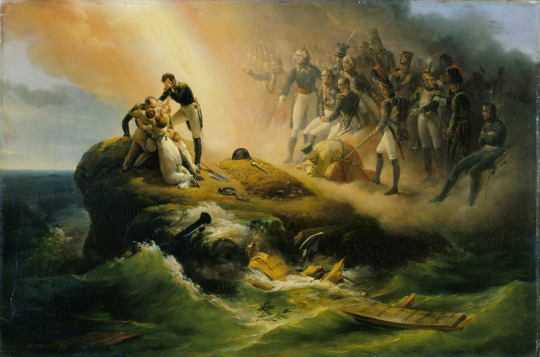
Napoleon's Tomb by Horace Vernet
#napoleon#napoléon#bonaparte#napoleon bonaparte#napoléon bonaparte#art#horace vernet#tomb#france#french#emperor#empire#napoleonic wars#napoleonic#st helena#saint helena#history#europe#european#mourners#soldiers#marshals#generals#grave#army#sea#waves#shipwreck#henri gatien bertrand#charles tristan montholon
68 notes
·
View notes
Text
Memoirs of the life, exile, and conversations of the Emperor Napoleon. (Vol. II)
Alexander and Napoleon met again some time after at Erfurt, and exchanged the most striking testimonies of affection. Alexander expressed with earnestness the sentiments of tender friendship and real admiration which he entertained for Napoleon. They passed some days together in the enjoyment of the charms of perfect intimacy and of the most familiar communications of private life. “We were,” said the Emperor, “two young men of quality, who, in their common pleasures, had no secret from each other.”
------------
"If Alexander’s affection for me was sincere," said the Emperor, “it was alienated from me by the force of intrigue. Certain persons, M——, or others, at the instigation of T——, lost no seasonable opportunity of mentioning instances of my turning him into ridicule, and they assured him, that at Tilsit and Erfurt, he no sooner turned his back than I took the opportunity of laughing at his expense. Alexander is very susceptible, and they must have easily soured his mind. It is certain, that he made bitter complaints of it at Vienna during the congress, and yet nothing was more false; he pleased me, and I loved him.”
Too much personal fuss for serious politicians)
19 notes
·
View notes
Text

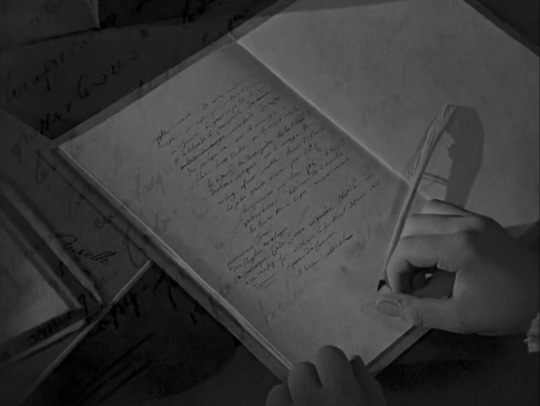



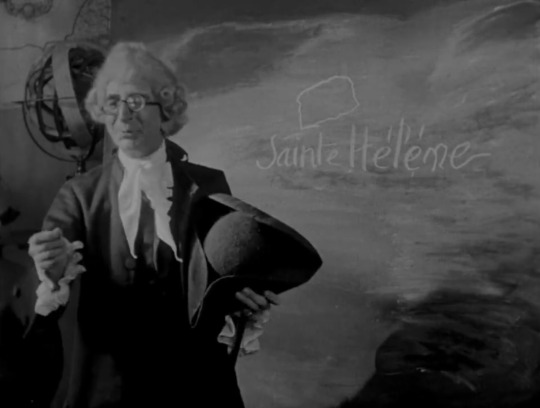
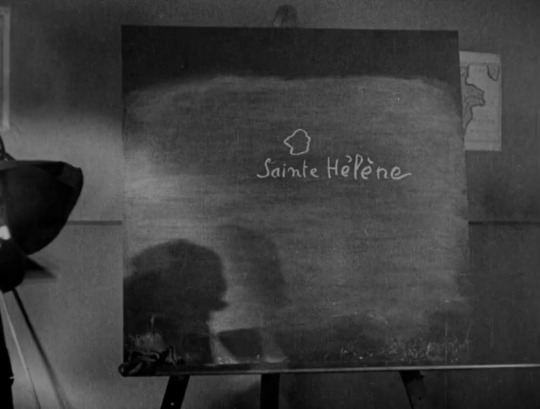
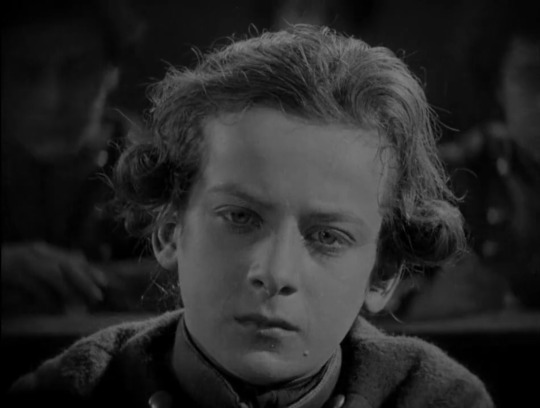
“In his room beside the noisy café, he restudies everything conceivable, copies whole speeches out of the report of the parliamentary proceedings at Westminster, and sketches the remotest parts of the earth. At the end of the last of his copy-books, the final entry runs: ‘St. Helena, a small island in the Atlantic Ocean. English colony.’”
— Emil Ludwig, Napoleon
#😭😭😭#napoleon#napoleonic era#napoleon bonaparte#napoleonic#first french empire#19th century#french empire#Abel Gance#Napoleon (1927)#napoléon#napoléon (1927)#history#Abel Gance’s Napoleon#Saint Helena#st. Helena#st Helena#Emil ludwig#Ludwig#Emil
68 notes
·
View notes
Text
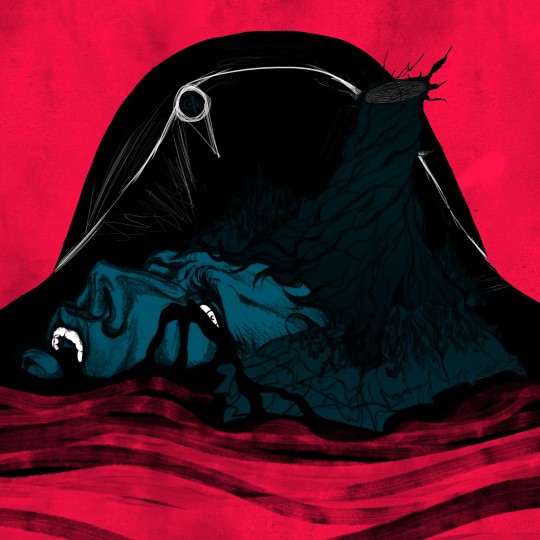
#napoleon#napoleon bonaparte#napoleonic era#napoleonic#may 5th#napoleon's death#ei fu#death#st helena#saint helena#exile#illustration#my art
40 notes
·
View notes
Photo



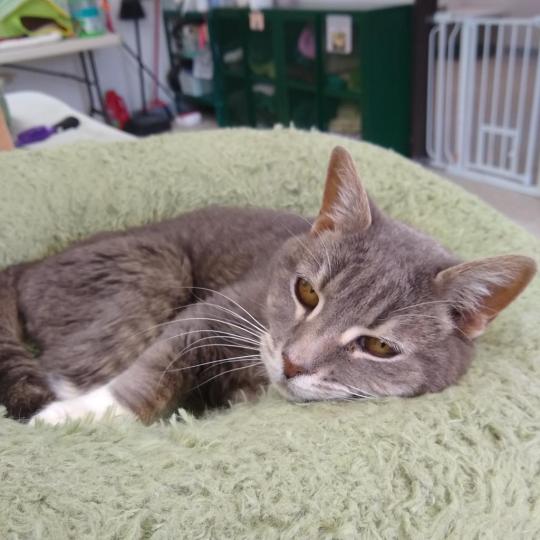

Ellani from We Care Animal Rescue in St. Helena, California
Click here for more information about adoption and other ways to help!
Click here for a link to We Care Animal Rescue’s main website.
Ellani is inquisitive about human visitors and, once you meet her, it is hard to forget those gorgeous pumpkin eyes. She is particular about her human company and known to be quite direct when she needs some space. But, if you win her heart, she is sure to be your loyal companion for years to come.
25 notes
·
View notes